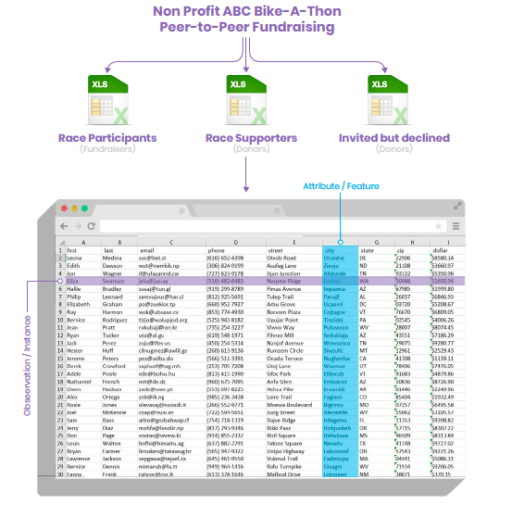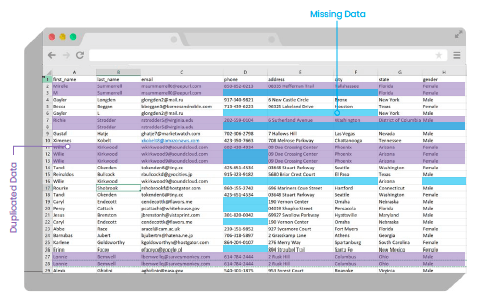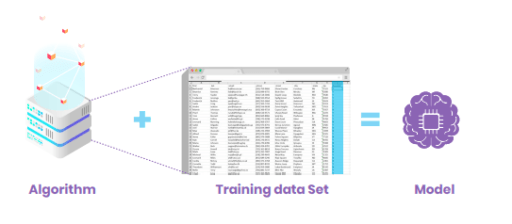Over the last few years, artificial intelligence and its machine learning applications have been proving the power of their predictive ability to amplify charitable giving.
AI-driven fundraising platforms have become increasingly sophisticated and affordable. Experts say this is assisting early nonprofit adopters in lowering donor acquisition costs, exceeding fundraising goals, and increasing workforce expansion. By 2021, Salesforce research predicts that the use of AI fundraising is expected to grow 361 percent.
Nonprofits and fundraisers are eager to discover the power of AI. However, the majority of them are not sure what features to look for in an AI-fueled fundraising platform.
“AI” is a broad and often misunderstood term. That’s why boodleAI created one of the most comprehensive and intelligible AI 101 White Paper’s out there for nonprofit professionals to understand the fundamentals of artificial intelligence. I meet many nonprofit professionals and fundraisers who seem to think they “should already know what AI is”, so they are afraid to ask. Don’t be! AI is a vast, complex, and evolving topic.
Still, even if you do know the AI basics, you probably are not an AI expert and therefore do not know what features to look for. If you do not know what features to look for, how will you know what are the must-have’s on an AI fundraising platform?
Without further ado, here are the 10 must-have features to have on an AI-driven fundraising platform:
1. AI is trained on the organization’s dataset (not generic, synthetic, or hypothetical data) with actual labeled records.

2. AI appropriately deals with missing, duplicated, or otherwise messy data.

3. AI divides data into training, validation, and testing datasets in order to develop, optimize, and test the AI model.

4. AI is tailored for the nonprofit. This is different than generic AI which is trained on data from other nonprofits or synthetic data.
5. AI has a feedback loop to continuously learn.
6. AI does not keep copies of the datasets provided without the organization’s explicit approval. Make sure to double-check contracts and privacy policies to ensure this does not happen.
7. AI does not sell the organization’s data to any third parties. Again, make sure to double-check contracts and privacy policies to ensure this does not happen.
8. AI is built as fair, transparent, and accountable as possible. AI ethics is a hotly debated topic right now. Make sure your AI-provider is taking this area of stewardship seriously.
9. AI is designed to work as part of a human-AI team. What I mean by that is, an AI assistant develops and applies algorithms to ingest, clean, enrich, and then search through large amounts of data in order to recognize patterns and give non-intuitive recommendations. Then, the human fundraiser applies judgment and context to select from those recommendations the right donor and message.
10. AI provider can explain all of the above in plain English. If there’s AI jargon you don’t understand in a provider’s marketing materials, case studies, or even in conversation – just ask! It should be a red flag if they can’t explain things in simple terms.

